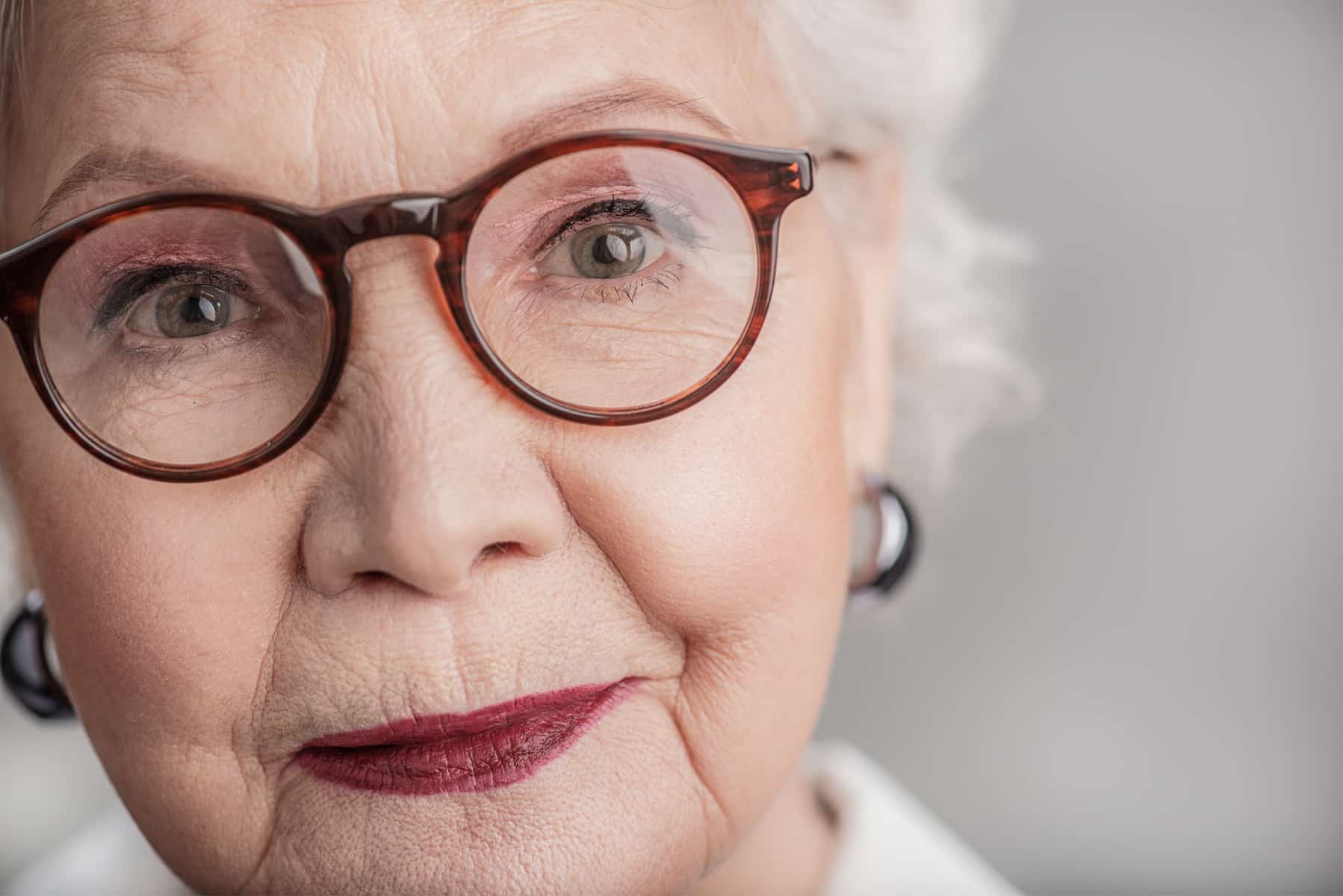Does it seem like your elderly loved one gets anxious a lot? If so, they could have any one of the many anxiety disorders commonly found in senior citizens. Before trying to self-diagnose these disorders in your elderly loved one, it is important to remember they should be assessed by their doctor. In some instances, someone may need certain medical treatments for their disorder. This may be the case for your elderly loved one, as well.

Panic Disorder
Those who are diagnosed with a panic disorder often feel extremely stressed and full of fear. This causes them to have a panic attack. There are many things that can trigger a panic attack such as medical appointments, hearing a certain sound, the unknown, or something completely random. Some people will only have an occasional attack, while others will have them often. If your elderly loved one has 4 or more of these attacks, they could have a chronic panic disorder. The attacks would generally consist of nausea, dizziness, weakness, chest pain, rapid heartbeat, shortness of breath, shaking, and/or sweating.
Social Anxiety Disorder
Does it seem like your elderly loved one is only calm while around you, other family members, and their senior care providers? When they get into social situations, do they tend to become anxious? If this is the case, they could have a social anxiety disorder. Usually, with this disorder, someone will become extremely worried and stressed when faced with social situations. Sometimes, even thinking about socializing can make them anxious. If you notice this in your elderly loved one, have them get assessed by their doctor. Therapy and other treatments may be prescribed to manage this disorder.
Generalized Anxiety Disorder
If an elderly loved one has a generalized anxiety disorder, they may constantly be worrying. Anything from major life events to local news to random triggers can make them anxious. Maybe your elderly loved one gets anxious when riding in a vehicle or for what seems like no reason at all. Being on high alert all the time can cause your loved one to have headaches, nausea, hot flashes, fatigue, and even muscle aches.
In some cases, someone may have more than one of these disorders. Again, it is important that you have your elderly loved one assessed by their doctor, instead of trying to self-diagnose. If you recognize any of these symptoms in your elderly loved one, schedule them an appointment with their doctor.
If you or an aging loved one are considering hiring Home Care Services in Scotch Plains NJ, call the caring staff at Helping Hands Home Care today at 908-418-4299.
Providing Home Care Services in all of Northern and Central NJ, including Clark, Westfield, Cranford, Scotch Plains, Rahway, Linden, Summit, Edison, Elizabeth, Mountainside, and the surrounding areas.
Sources
Apa.org
Nimh.nih.gov
After graduating from Seton Hall University with a BS in finance Helping Hands Homecare’s Owner / President, Robert D’Arienzo, went to work on Wall St. for six years. However, after Robert’s grandmother became ill with stomach cancer Robert and his family needed to find assistance in the home for her. After many trials and tribulations Robert could see that there was a great need for quality home care services here in NJ and loved the idea of being able to assist other families who were going through what his family went through with his beloved grandmother.
Thus, Robert had found his passion. After almost a year of preparation Robert opened Helping Hands Homecare in 2003. Robert wanted Helping Hands Homecare to focus on providing the highest quality of caregivers, exceptional customer service, and providing a service that familys could depend on in their time of need. Since then Helping Hands has assisted hundreds of individuals with the simplest of needs to more complex cases while preserving those standards set out many years ago.
Robert is a Google Verified Author
- How Companion Care Can Help Your Parent Avoid Depression - April 22, 2025
- How Alzheimer’s Care Helps Family Caregivers - April 7, 2025
- How In-Home Care Can Help Seniors Recover from Surgery or Illness - March 24, 2025




